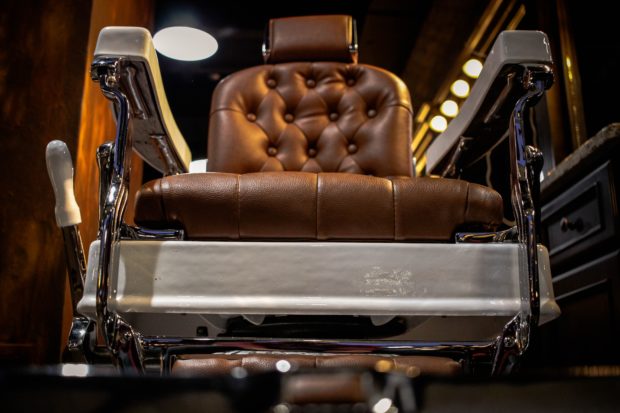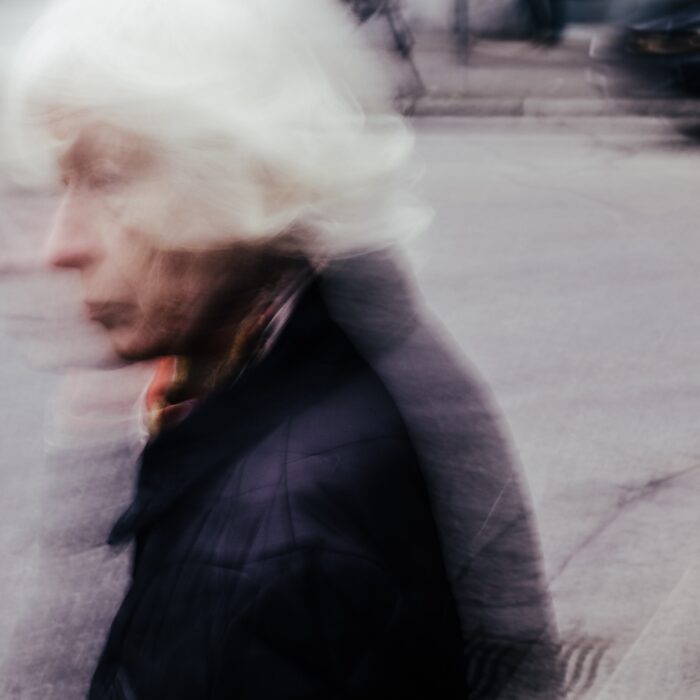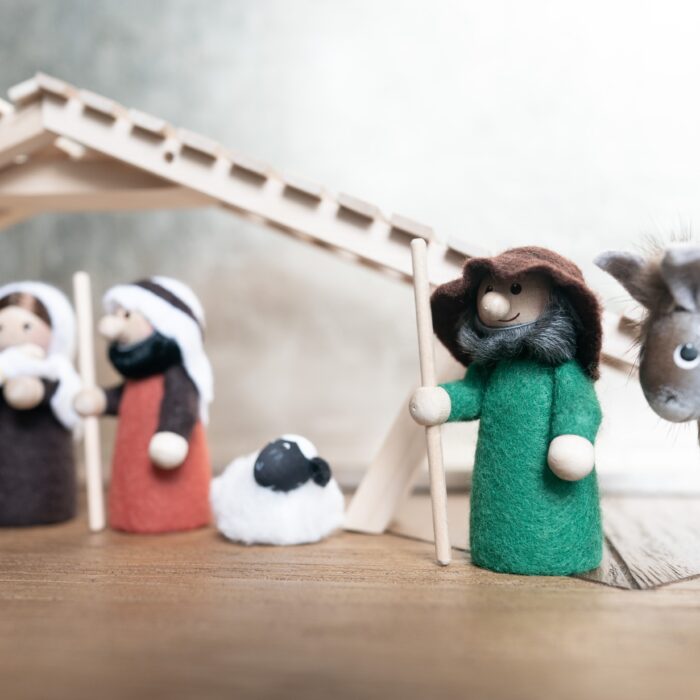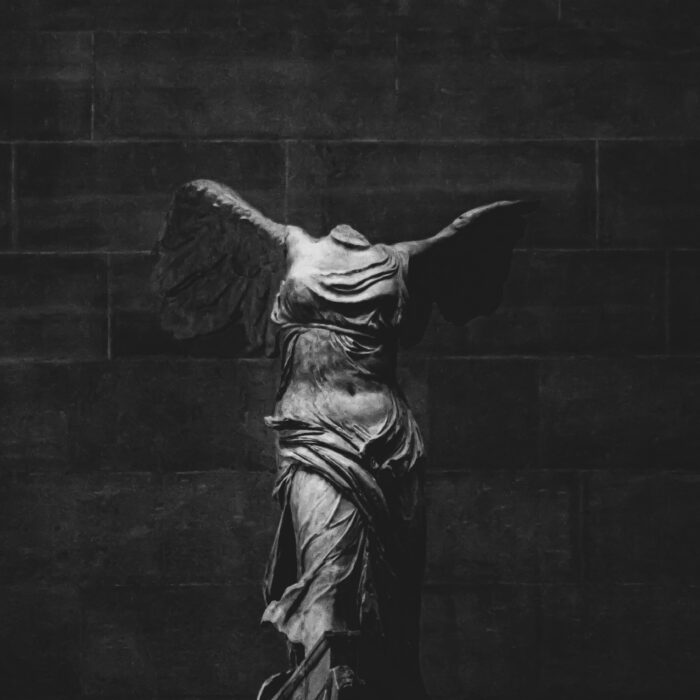You have no items in your cart. Want to get some nice things?
Go shopping
“Do you take walk-ins?” I ask, after shutting the door against the wind. Mint tea perfumes the air. “You do straight-razor shaves?”
The shop is empty, apart from the barber, who rises from a pouf in front of a small TV. “Indeed,” he says. “I have been stropping my blades — just for you . . . ha!” Uneven black stubble covers his face and neck, unexpected in a barber.
“You would like the full Turkish hot towel experience?” he asks, spinning a red leather barber’s chair toward me.
I slip my jacket off. “Yes, if you have the time.”
A clean shave takes time.
He drapes a towel over my shoulders, dips his fingers in oil, and rubs my forehead, cheeks, neck, upper lip. He applies more oil, massages my eyebrows.
He rolls out a steam machine, directing the warm mist toward my face. My pores open, granting escape to my natural oils, dirt, unholy thoughts. I want them all stripped away.
“It will be better if you unbutton your collar,” he says. I decline; it is too soon.
When I close my eyes, I see my stepsister, Bobbi, a singer with a raspy voice tuned for tragic songs of desperate nights. At 37, her new manager promises her a tour on the Continent.
I hate her voice: “You’re such a loser, Theo. You have no talent. Why do I keep you around? Oh, right — grandfather insisted, and the solicitors. Maybe after my tour I’ll get rid of you.”
The steam machine stops. I open my eyes and my gaze lands on a black-and-white photo, a portrait of a man in front of a barbershop in front of a mosque.
“Is that your father?” I ask.
“Grandfather. His name was Manuk, like my father after him and like me after my father. It was taken in Constantinople, before it was Istanbul, before the war, before the genocide.”
Manuk the third brings a hot, white towel from a back room.
I, too, am a third. Theo II’s ghost haunts me most nights, ever since I found him hanging in the stables, an ending that no doubt hastened the death of my grandfather — Sir Theo — a week later. I was 12; Bobbi was 22 and had already moved to London. Events — and the will — brought her reluctantly back to care for me.
She visited the stables only once, and told me never to take down the small length of rope that clung to a rafter. “He got off easy,” she said, and never spoke of him again.
Manuk holds the towel by two corners and waves it in front of the steam before wrapping my face. I twitch when the towel blocks my mouth; a momentary panic before realizing I can still breathe.
The towel absorbs the oils and dirt, if not the thoughts.
Bobbi’s latest assault was against my neck drawings.
“This is your ‘big reveal’, after 18 months?” she sneered when I showed them. “These are childish, Theo, uninspiring. Your so-called art school owes me a refund.”
One kind word from Bobbi to her friend and my drawings would hang in a SoHo gallery. I’d serve champagne and brie on opening night.
The drawings she attacked are my best collection: Necks rendered in black and grey charcoal, with accents of red and pink. Striated lines bending into curves. Subtle shading. Broken lines. She didn’t know it, but the drawing she held was of her own neck. “This is just worthless, Theo.”
Hers was the first live neck I sketched. I drew it on the train one evening while she stared out the window.
Soon, I was sketching necks in cafes, at the Tate, on the Tube, in the Cross and Thistle. Long necks, stubby ones, muscular necks, scarred necks, wrinkled ones, twisting necks, necks with bulging veins.
“Now it is time for the lather,” Manuk says, rousing me from my thoughts. He dabs my face with a brush covered in shaving cream. “We must make sure each hair is coated. As my grandfather insisted.”
“Was your father also a barber?” I ask.
“For a short time,” Manuk says. “He was many things, for short times. But he was not successful, like my grandfather. He was political, which was noble, but brought trouble to our family that he could not face.”
He picks up a razor, stretches taut the skin on my cheek. Two flicks of the wrist, then he wipes the shaving cream off the blade onto his palm. He continues silently, efficiently removing my week-old stubble.
As he works, I see the scar on his neck.
He catches my eye. “A youthful mistake,” he says. “I am happy the rope broke. Most days.”
In the mirror, I see my collar has dipped, showing the angry red abrasion.
“You will be too.”

Tom Walsh
Tom Walsh writes and edits from northern California. He has been a newspaper reporter, editor, and wildland firefighter. His most recent essays are online or upcoming at the Dark Mountain Project and The Dead Mule School of Southern Literature.




